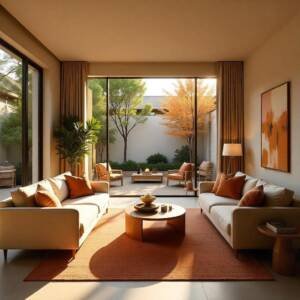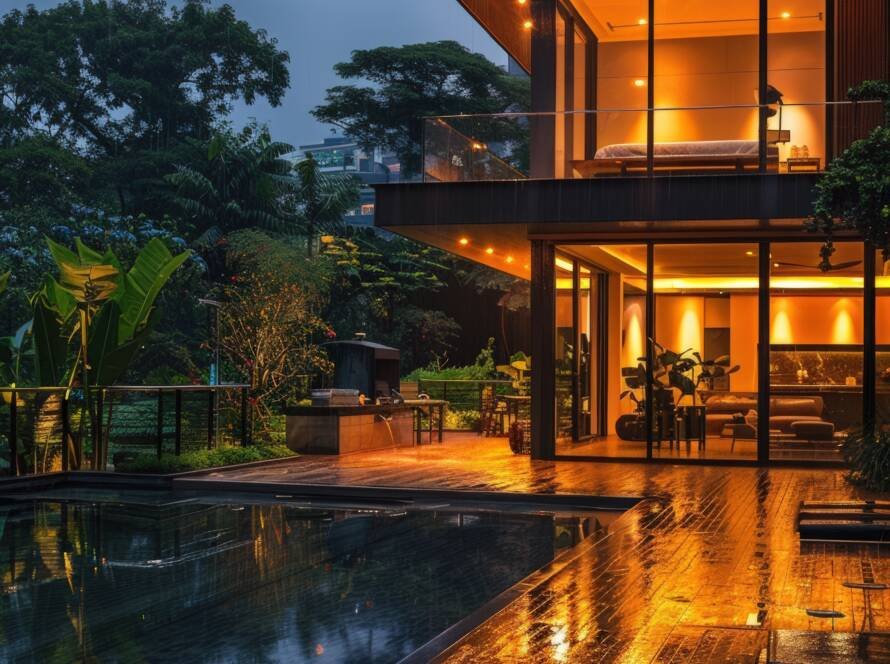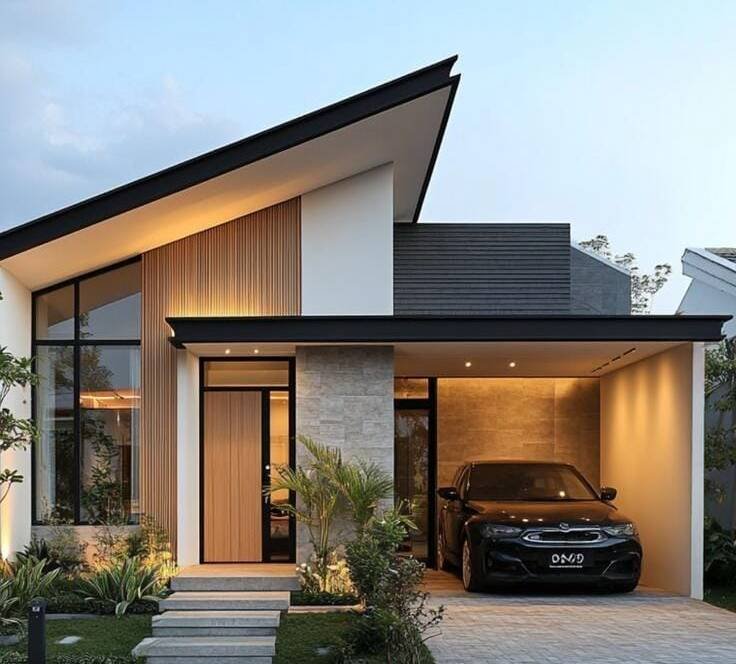In 2025, Indian homeowners and architects are redefining residential spaces by blending the rich cultural heritage of traditional architecture with cutting-edge innovations. This trend reflects a deeper shift—where modern living comforts meet the timeless values and aesthetics rooted in local culture.

Why is this balance critical today?India’s growing urban population seeks homes that not only cater to modern lifestyle needs but also preserve identity and cultural relevance. In metro cities like Hyderabad, Bangalore, and Mumbai, this fusion is shaping everything from structural design to interior aesthetics.
Key innovations complementing tradition:
- Material Revival with Tech Adaptation
Natural materials like terracotta, stone, and wood are being reintroduced in modern construction but enhanced with treatments to improve durability and weather resistance. For example, advanced sealants and nano-coatings now protect wooden elements from urban pollution and pests.
- Smart Layouts Respecting Vastu & Feng Shui
Traditional principles like Vastu Shastra and Feng Shui are being seamlessly integrated with open floor plans and energy-efficient designs. This includes aligning rooms for optimal sunlight and airflow, which modern HVAC systems further support to reduce energy consumption.
- Artisanal Craft Meets Digital Fabrication
Decorative elements such as jaalis (lattice screens), carved pillars, and murals are increasingly produced with a blend of handcraft and CNC technology. This enables customization at scale, lowering costs while preserving craftsmanship.
- Eco-Friendly Traditional Features
Courtyards, verandas, and water bodies—traditional climate-responsive features—are being redesigned to work with modern rainwater harvesting, solar shading devices, and greywater recycling systems.
Role of architecture firms and builders:
Leading architecture firms and construction companies in India now specialize in hybrid designs that respect history without sacrificing technology or luxury. Collaborating with experienced home builders and interior designers in Hyderabad ensures that these elements come together cohesively—from foundation to finishes.
Why homeowners love this approach:
- Stronger emotional connection to their living space
- Reduced reliance on mechanical systems through passive design
- Enhanced resale value due to unique, culturally rich design
- Healthier, more natural indoor environments
In summary, the future of Indian homes lies in this delicate balance—where tradition isn’t compromised but rather enhanced by innovation. For modern house design in India, this trend promises timeless elegance combined with 21st-century functionality.






